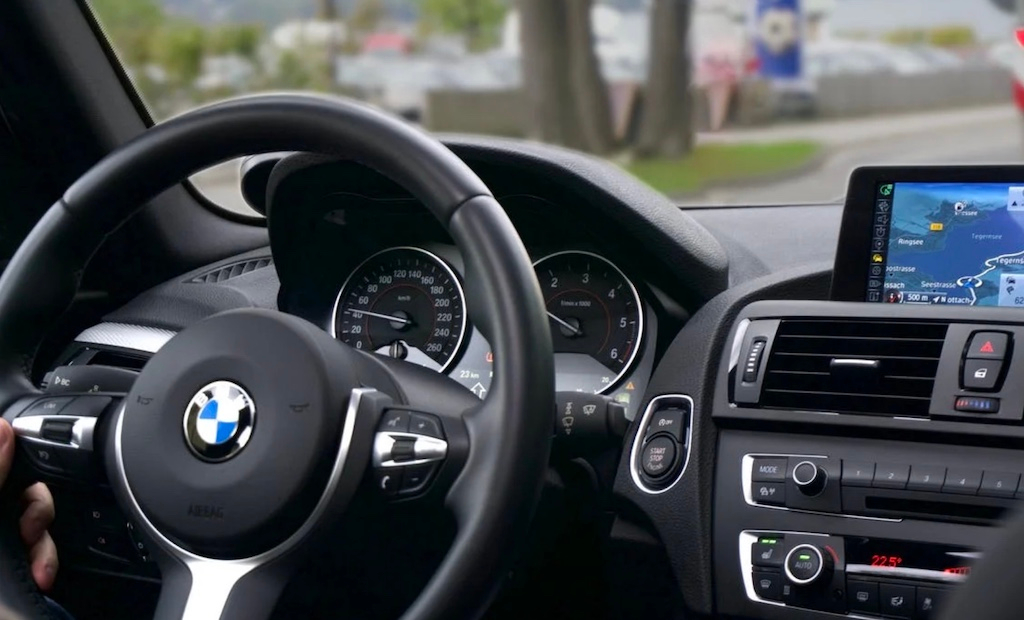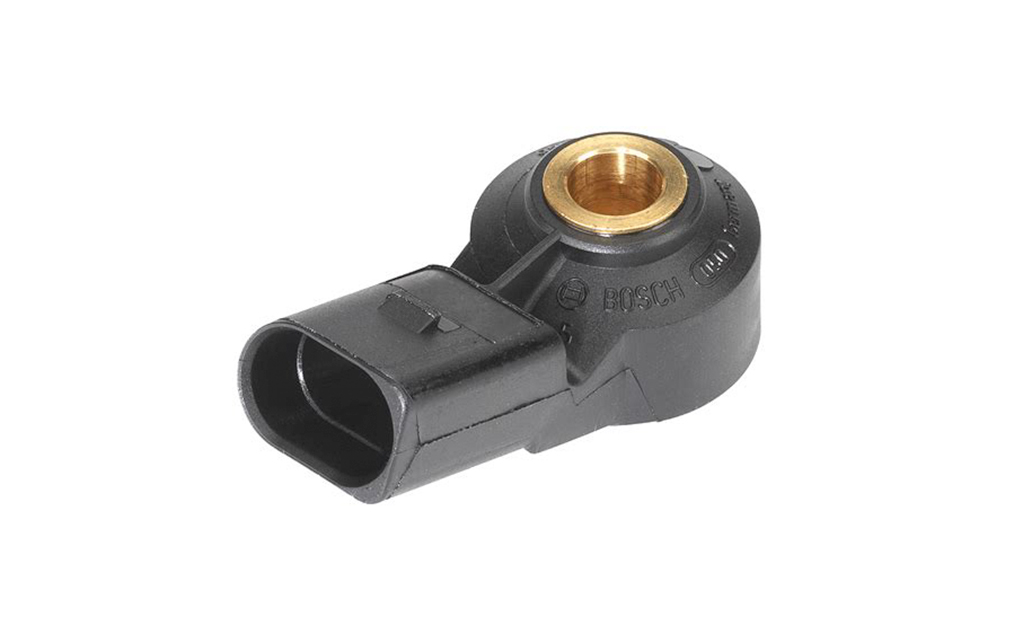Automotive detonation sensor: Grasping its working principle and impact on engine performance

Contemporary vehicles come equipped with a variety of sensors and systems to oversee and control the performance of the engine. An essential sensor amongst these is the detonation sensor, frequently referred to as the knock sensor. This piece will delve into the nature of an engine detonation sensor, its working mechanism, its influence on engine performance, and the potential outcomes of driving in its absence.
Photo of car knock sensor taken from buycarparts.co.uk
Engine detonation sensor: A brief overview
The detonation sensor is an apparatus that detects engine detonation or, as it’s commonly known, engine knocking. Detonation takes place when the air-fuel combination in the engine’s combustion chamber detonates or prematurely explodes. This premature explosion generates a knocking or pinging noise detectable from the engine.
The working principle of the detonation sensor
Typically affixed to the engine block or cylinder head, the detonation sensor picks up on the engine’s vibrations. Upon identifying vibrations caused by engine knocking, the sensor relays a signal to the vehicle’s computer (ECU). Consequently, the ECU fine-tunes the engine’s timing to forestall detonation.
How the detonation sensor influences engine performance
Playing a crucial role in preserving engine performance, the detonation sensor enables the ECU to adjust the engine’s timing to prevent potential engine damage upon detecting detonation. If overlooked, engine detonation can inflict severe damage on the engine’s internal parts, leading to expensive repairs.
Factors causing detonation
Various elements can trigger engine detonation, including a malfunctioning detonation sensor. Other contributing factors encompass poor fuel quality, low fuel octane rating, elevated engine temperatures, and carbon deposits on the engine’s pistons and cylinder walls.
Potential consequences of driving without a detonation sensor
Operating a vehicle without a working detonation sensor can lead to substantial engine damage. Being a pivotal component of the car’s engine management system, the ECU cannot identify detonation without it, which could result in engine damage and costly repairs.
Behaviour of a car with a defective detonation sensor
A faulty detonation sensor can give rise to several issues with the car’s performance. These might include sluggish acceleration, diminished fuel economy, and uneven idling. An escalation in engine noise, indicating the occurrence of detonation, might also be observed.
Indications of a faulty sensor If there’s suspicion of a faulty detonation sensor, there are specific signs to be alert for. These include a decrease in engine performance, a rise in engine noise, and the check engine light illuminating on the dashboard. Should any of these signs surface, it’s imperative to have the car examined by a qualified mechanic.
In conclusion
The detonation sensor is an indispensable component of the car’s engine management system. It serves a significant role in detecting and averting engine detonation, which can cause serious engine damage. Regular upkeep and inspection of the sensor can assist in ensuring optimal engine performance and avoid pricey repairs.
It’s noteworthy that although the detonation sensor is an essential element, it isn’t the sole factor that can instigate engine detonation. Regular maintenance and check-ups of the car’s engine components can assist in preventing engine detonation and guaranteeing optimal engine performance.
The editorial unit


























Facebook
Twitter
Instagram
YouTube
RSS